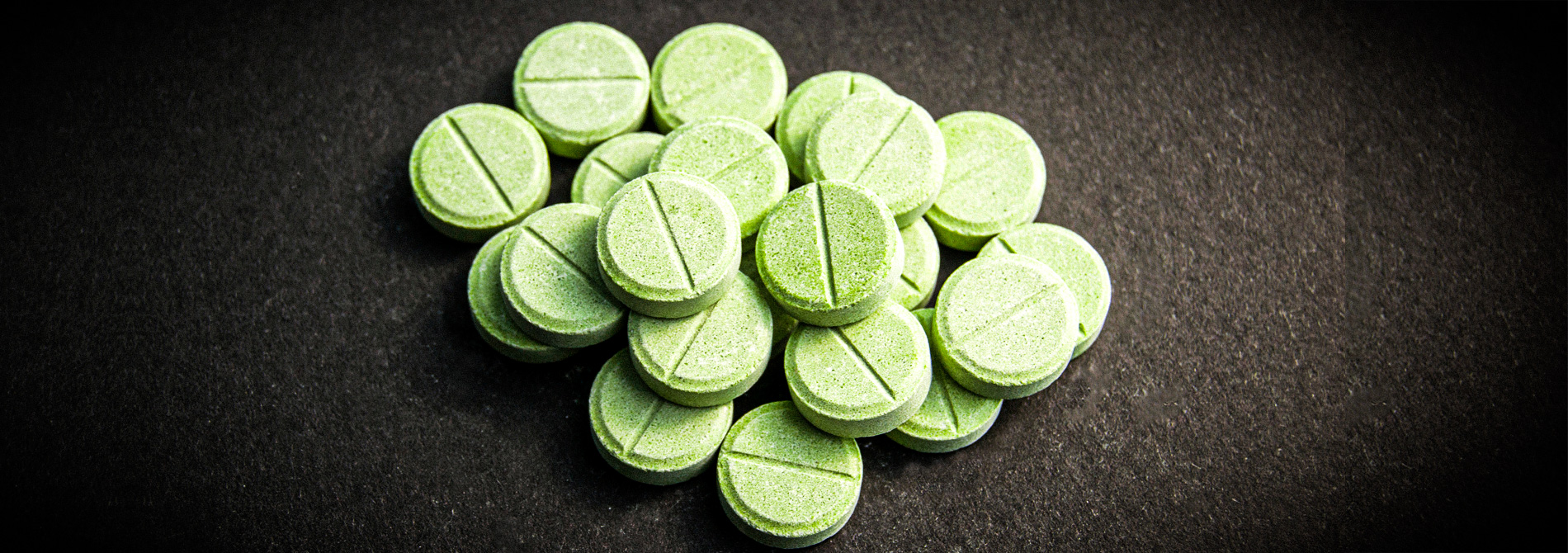All of our experiences in life are chemically based, meaning, that our brain releases chemicals, specifically chemical messengers, and those chemicals interact with different parts of the brain. From there, the different parts of the brain communicate with each other, with the nervous system, then with the body, creating an overall sensory experience.
Pleasure is just one of our many sensory experiences, but one of our most rewarding, both emotionally, and in terms of the way the neuroscience of pleasure works in the brain. Dopamine is the chemical messenger used to send pleasure responses throughout the brain. Stimulated by all kinds of experiences, as well as external substances, dopamine has a huge influence on our life because of its significant influence on our brain function. Though dopamine interacts with many areas of our brain, one of its main communication centers is the nucleus accumbent, the reward center of the brain.
If you or a loved one need help, call our admissions team today at 561-841-1033.Reward is equally as potent for our brain as pleasure is, dictating the way our memories are structured through glutamate channels and our long term memory storage centers. When glutamate delivers memories, some go to the midbrain, sometimes called the survival center of the brain. As we will discuss below, addiction to drugs and alcohol causes large surges of dopamine production, pleasure, and reward in the brain. Pleasure and reward are so strong that they can crawl up our “survival totem pole,” making drug and alcohol use – as well as the pleasure that comes from use, even when we don’t feel pleasure anymore – the most important part of our survival.
Not only does dopamine help create our feelings of pleasure, but it also helps our brain regulate ideas related to pleasure, like:
- When we can expect the pleasurable reward
Our brain starts to anticipate the experience of reward caused by something pleasurable, which creates a deep memory-sensory association. This is a major function in addiction. Part of the physiological experience of “craving” or “obsession” once addiction has fully formed is the mere anticipation of using drugs or alcohol. From the idea of using, to the sight of an image related to using, to driving by an area associated with a memory of using. Expecting reward is pleasurable enough for the brain to get excited and set off a series of other responses.
- How rewarding a pleasurable experience will be
Most people have a favorite ice cream flavor or two that they will find themselves wanting when they reach for a scoop. Should their favorite flavor not be available, they might settle for another flavor – still enjoying their ice cream, but not with the same excitement as their favorite flavor. Dopamine in the brain creates pleasure not just around the consumption of ice cream, but the specific memory of how rewarding eating a favorite ice cream flavor will be. The greater the association of reward to something pleasurable, the stronger the chemical connection in the brain. Since drugs and alcohol stimulate such a large production of dopamine in the brain, the chemical connection of reward becomes extremely intense. Euphoric recall, for example, is a term used to describe an elaborate recollection of “the good old days” and good times during using. Just describing and reliving memories of using is enough to set off the chemical associations between reward and pleasure in the brain regarding substances, resulting in the kick-off of craving symptoms.
- Contributes to the urge to seek a rewarding, pleasurable experience
Feeling good feels good, plain and simple. Our brains are wired to maximize our experiences of pleasure. Because pleasure is such a rewarding experience, our desire to seek pleasure when possible is easily influenced. One of the primary brain functions of addiction is the dysfunction of pleasure. The more “pleasure” experienced through drugs and alcohol, and the more “reward” associated with that pleasure, the stronger the association with substances – ever increasing until the only thing the brain can associate pleasure with is the reward brought on by using substances. Once the brain becomes chemically dependent upon substances and the experience of pleasure, it resorts to obsessions, cravings, and even physical symptoms to try and feed the need of substance-induced euphoria.
Hanley is a well-known care provider offering a range of treatment programs targeting the recovery from substance use, mental health issues, and beyond. Our primary mission is to provide a clear path to a life of healing and restoration. We offer renowned clinical care for addiction and have the compassion and professional expertise to guide you toward lasting sobriety. For information on our programs, call us today: 561-841-1033.




